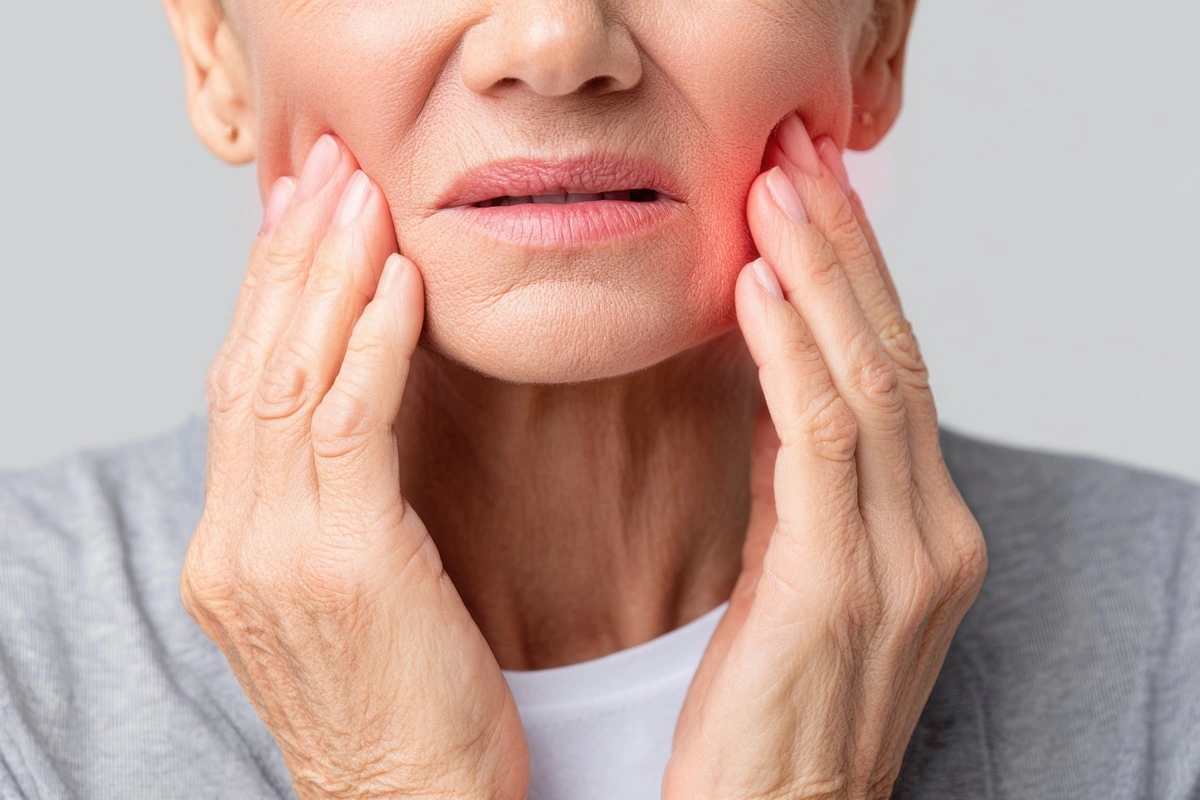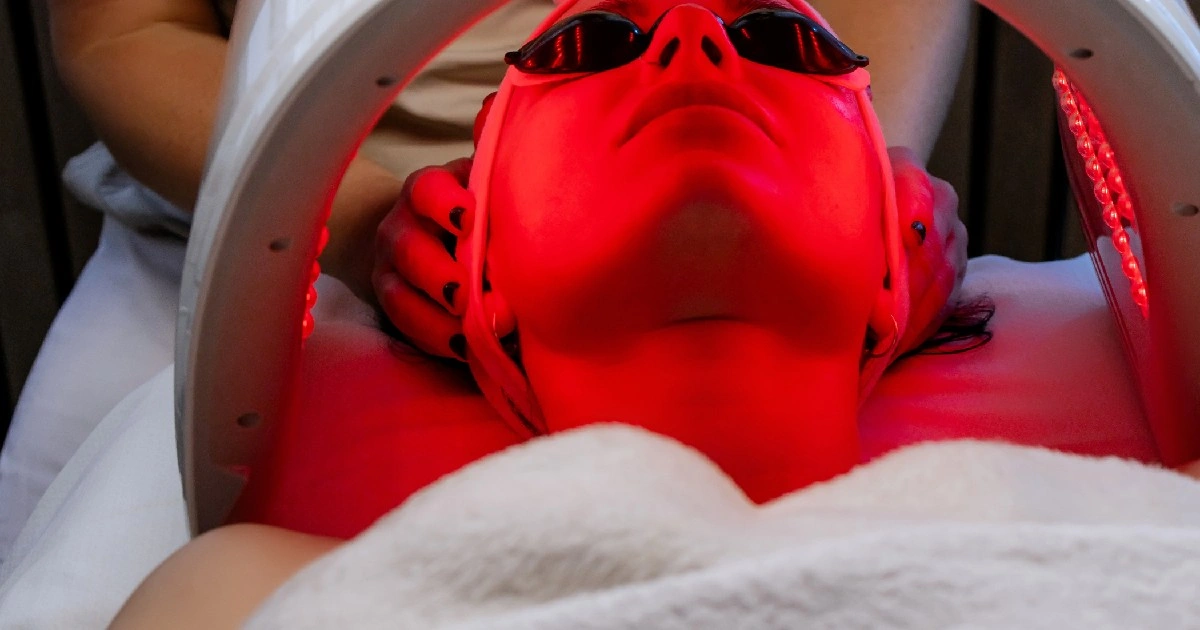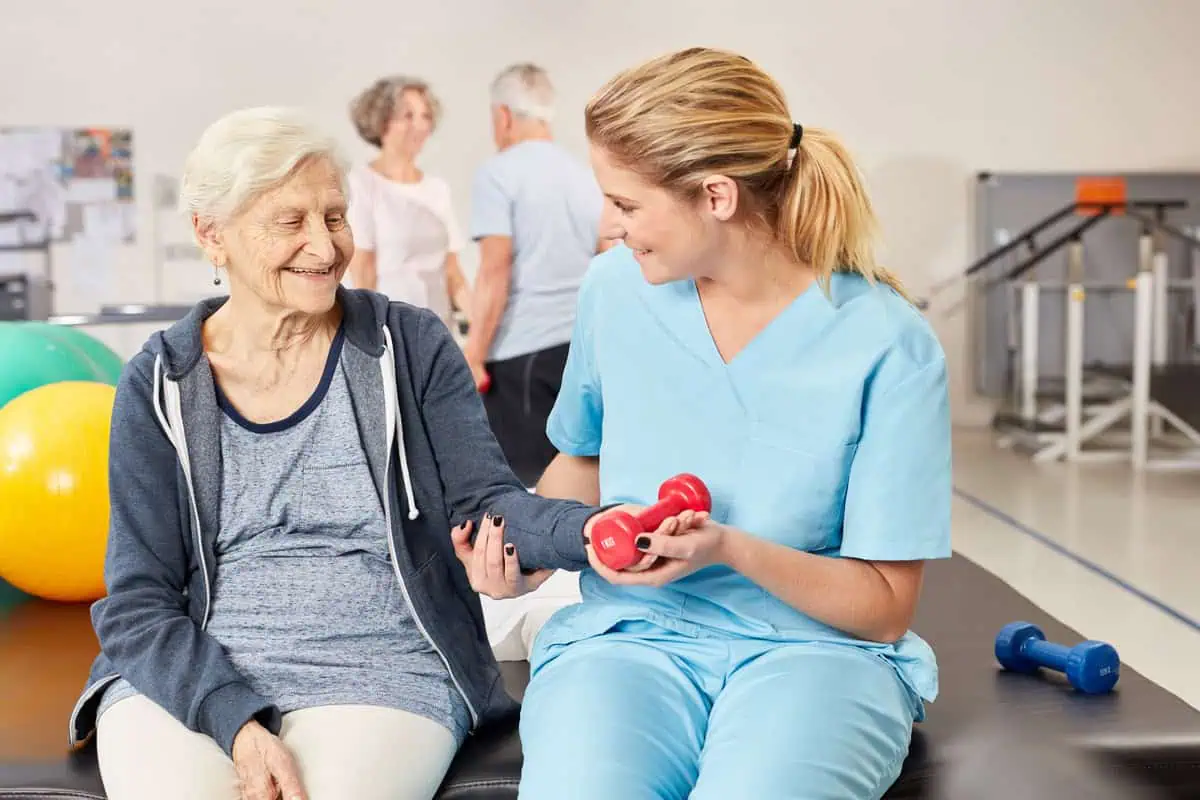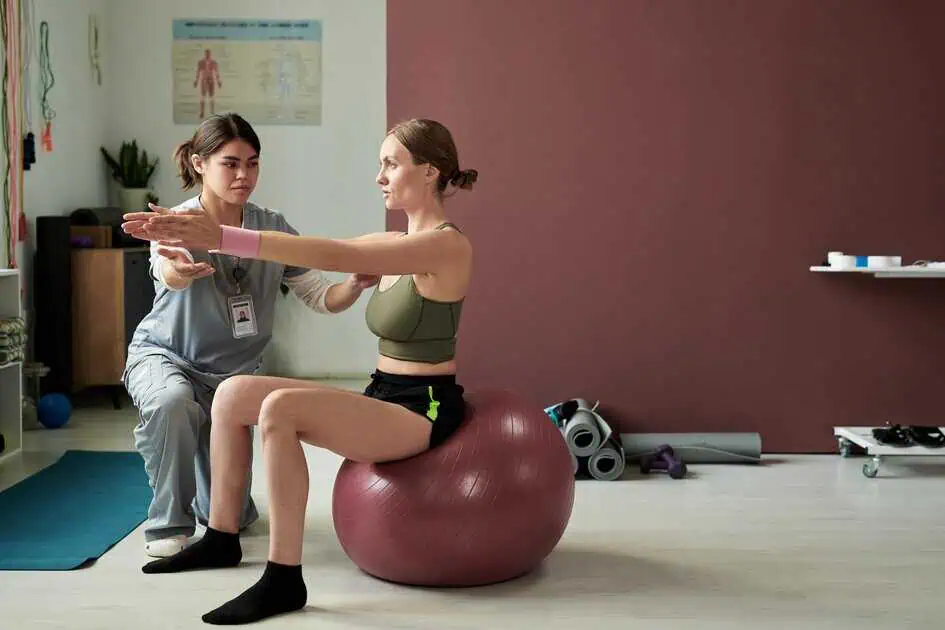Table of Contents
If you or someone you love is struggling to maintain independence because of an injury, chronic condition, or age-related challenges, occupational therapy can be a transformative part of the journey to better daily living. Whether you’re adapting to arthritis, recovering from surgery, or navigating cognitive changes, occupational therapy offers personalized strategies to build strength, confidence, and peace of mind.
At Hudson Premier PT & Sports, our friendly team offers Occupational Therapy Services in Union City, NJ, and Occupational Therapy Services in Hoboken, NJ, helping adults and seniors see what’s possible when you have caring professionals on your side. Let’s explore seven of the most powerful benefits of occupational therapy and how it can enhance your day-to-day life.
1. Regain Mobility and Strength After Illness or Surgery
Limited mobility can get in the way of enjoying the things you love. Occupational therapy helps with post-surgical rehabilitation and getting back on track after illness by using exercises that rebuild muscle strength, loosen up stiff joints, and retrain your body to move the way it should.
Your occupational therapist will work with you to put together a plan that feels doable and makes sense for your situation. This plan usually includes:
- Strength training and stretching to improve mobility and strength
- Functional exercises for safer transfers and walking
- Techniques to manage stiffness and discomfort
- Training on adaptive tools to make movement easier
By staying consistent with therapy and following your home program, you can expect steady progress in strength and endurance.
2. Enhance Coordination and Fine Motor Skills
Simple tasks—like buttoning a shirt, handwriting, or cooking—depend on fine motor skills and coordination. Conditions such as stroke, arthritis, and neurological disorders can disrupt these abilities, making everyday activities frustrating.
Occupational therapy incorporates:
- Hand exercises to enhance coordination and fine motor skills
- Dexterity training to improve grip and finger movement
- Adaptive equipment, like ergonomic utensils or dressing aids, that make life easier
- Custom strategies to practice tasks step by step in a way that feels natural and stress-free
These simple, hands-on ideas help you feel more confident and in control, so self-care feels less overwhelming and more doable.
3. Support Cognitive Function and Memory
Cognitive changes—like memory lapses, difficulty focusing, or trouble organizing—can limit independence. Our therapists specialize in cognitive rehabilitation to strengthen thinking skills and support daily functioning.
Therapy often includes:
- Memory aids such as planners, labels, and alarms
- Problem-solving exercises and sequencing tasks
- Techniques to support cognitive function and memory
- Home modifications that simplify daily routines
With time and practice, you’ll find it easier to stay organized, manage appointments, and feel more in control.
4. Reduce Pain Associated with Chronic Conditions
Chronic pain can be physically and emotionally exhausting. Whether you’re living with arthritis, neuropathy, or an old injury, occupational therapy helps you find relief and develop coping skills.
Your occupational therapist may use:
- Gentle exercises to maintain movement
- Energy conservation techniques to avoid overexertion
- Splinting or positioning devices to ease joint stress
- Strategies to reduce pain associated with chronic conditions
By combining movement, education, and adaptive techniques, therapy promotes comfort and sustained independence.
5. Improve Sensory Processing and Emotional Well-Being
Many adults notice sensory changes after an illness or injury. Maybe loud sounds, being touched, or too much movement start to feel overwhelming, and that can make it tough to enjoy daily life. Occupational therapy addresses these challenges through structured routines that promote mental well-being.
Interventions often include:
- Sensory integration activities to improve tolerance
- Relaxation techniques such as deep breathing and visualization
- Adaptive strategies to create a calming environment
- Emotional support to build resilience
This holistic approach helps you feel more comfortable, confident, and connected.
6. Increase Independence in Self-Care and Daily Tasks
One of the main goals of occupational therapy is to help you feel comfortable taking care of yourself safely and confidently. Whether you need help aiding in post-surgical and injury recovery or managing a long-term condition, your therapist will design a plan tailored to your needs.
This may involve:
- Training in adaptive techniques for dressing and grooming
- Kitchen safety modifications
- Techniques to conserve energy throughout the day
- Education on chronic condition management
These skills improve your ability to maintain routines and feel in control of your home and health.
7. Provide Training in Adaptive Equipment and Home Modifications
Learning to use assistive devices can feel overwhelming without the right support. An occupational therapist can recommend and teach you how to use equipment effectively.
Examples include:
- Grab bars, shower chairs, and raised toilet seats
- Reachers and dressing aids
- Specialized utensils for easier eating
- Mobility devices to increase independence in daily tasks
By combining equipment training with post-surgical rehabilitation and personalized instruction, therapy helps you adapt confidently to any environment.
What to Expect at Hudson Premier PT & Sports
At Hudson Premier PT & Sports, your care is always customized. During your first appointment, you can expect:
- A detailed assessment of your health history and personal goals
- A step-by-step treatment plan to address your priorities
- Guided practice of exercises, adaptive techniques, and assistive device training
- Strategies to assist with adaptive equipment training and home modifications
Most adults and seniors attend therapy weekly or bi-weekly, with home exercises to maintain progress between visits. Our team can provide therapy in our modern clinic, your home, or virtually, depending on your needs.
Frequently Asked Questions
Who is a good candidate for occupational therapy?
Anyone with an injury, chronic illness, or functional decline can benefit. Therapy is especially helpful for those recovering from surgery, living with arthritis, or managing neurological and developmental challenges.
When will I see results?
Many patients experience noticeable improvements within a few weeks, particularly when they remain consistent with therapy and home exercises. Complex conditions may require several months of treatment to achieve lasting progress.
Is occupational therapy painful?
Therapy is non-invasive, and sessions are adapted to your comfort level. While you may feel some mild soreness, it typically resolves as your body adjusts.
How long do the results last?
With ongoing practice and the integration of therapy techniques into daily routines, many people experience long-term benefits in strength, mobility, and independence.
Take the First Step Toward a More Independent Life
You deserve to feel confident, capable, and empowered—no matter your age or health condition. Occupational therapy at Hudson Premier PT & Sports helps adults and seniors in Union City and Hoboken rediscover their abilities and regain control of their lives.
If you’re ready to explore the benefits of occupational therapy, from cognitive rehabilitation and sensory processing support to chronic condition management and post-surgical rehabilitation, we’re here to help you every step of the way.
Book your occupational therapy session today and learn how our compassionate therapists can help you build strength, independence, and a renewed sense of well-being.






